A Spicy Journey Through the Mediterranean: Herbs, Spices, and Flavorful Traditions
Table of Contents
Introduction to Mediterranean Herbs and Spices
The Mediterranean region is a treasure trove of aromatic herbs and bold spices that have shaped global cuisine for centuries. From the sun-drenched hills of Greece to the coastal towns of Spain, each country has its own unique blend of flavors. Whether you're an amateur enthusiast or a seasoned chef, exploring these ingredients can elevate your cooking and bring a taste of the Mediterranean into your kitchen.
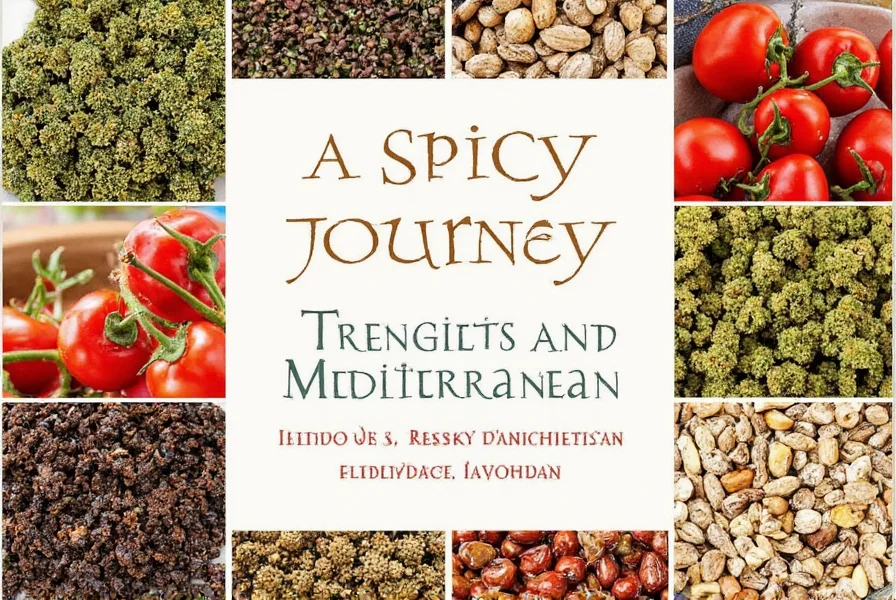
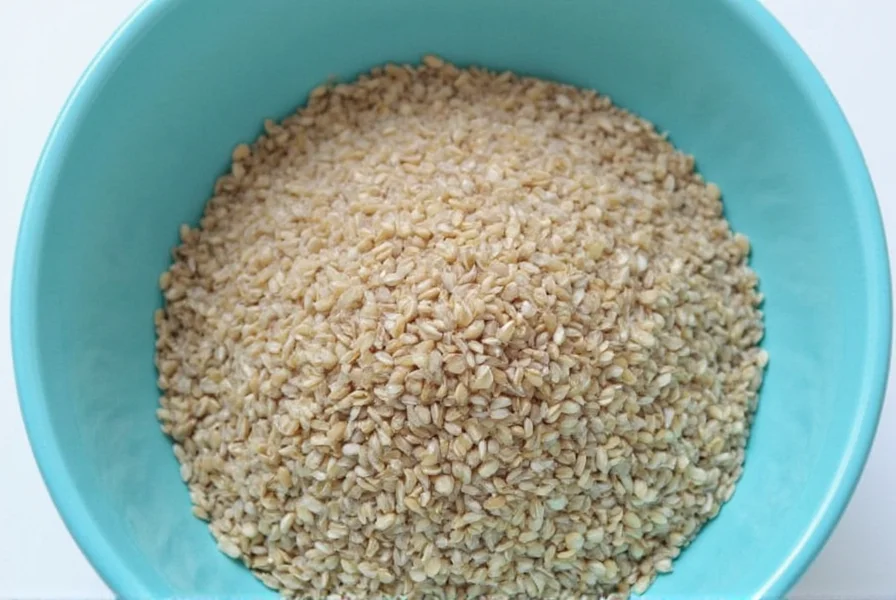
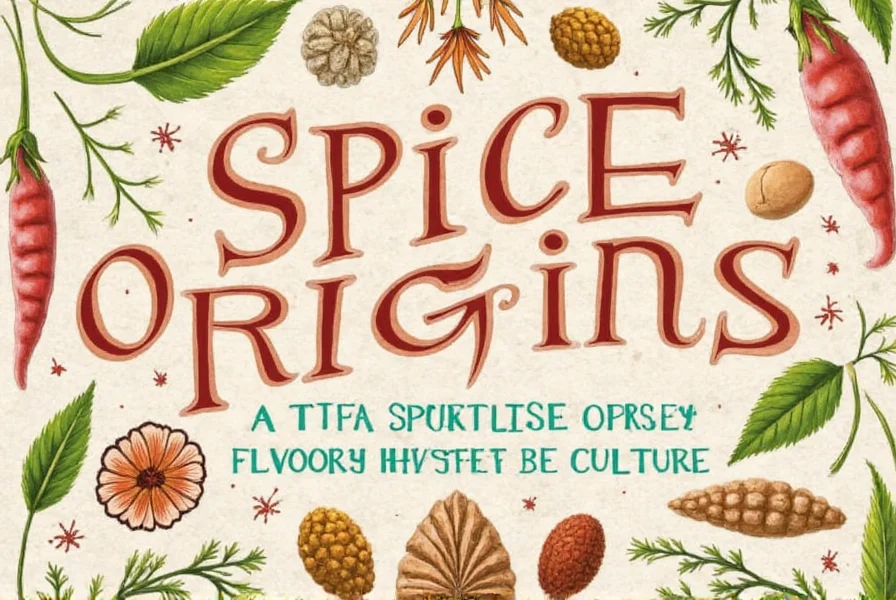
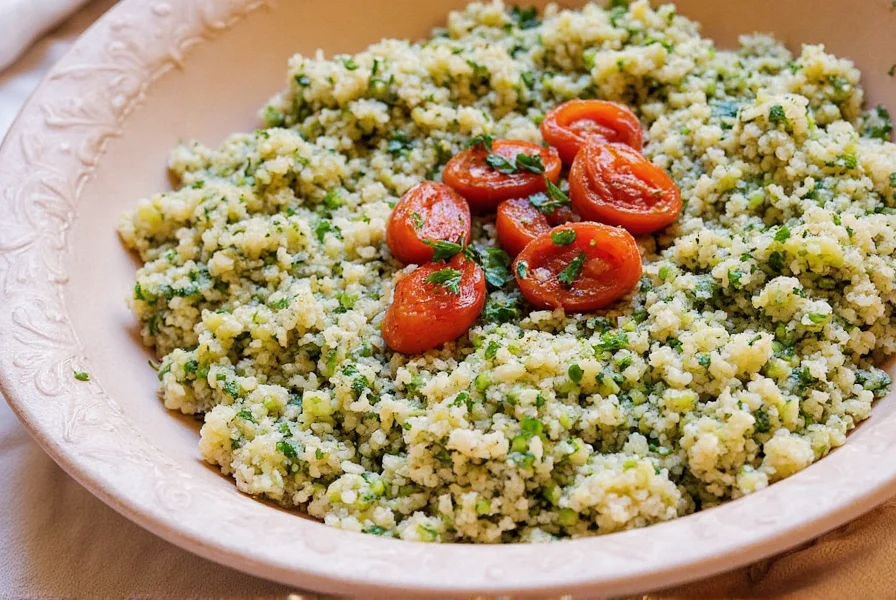
One of the most fascinating aspects of Mediterranean herbs and spices is their versatility. They can be used in everything from hearty stews to delicate pastries, and they often carry deep cultural significance. For example, oregano is not just a seasoning—it's a symbol of Greek heritage. Similarly, saffron, known as the 'golden spice,' has been prized for its color, aroma, and medicinal properties for thousands of years.
In this article, we'll explore the most popular Mediterranean herbs and spices, how to use them effectively, and where to find the best quality ingredients. Whether you're looking to recreate a traditional recipe or experiment with new flavor combinations, this guide will help you unlock the full potential of Mediterranean cuisine.
Practical Tips for Using Mediterranean Herbs and Spices
If you're new to Mediterranean cooking, it's easy to feel overwhelmed by the variety of herbs and spices available. Here are some practical tips to help you get started:
- Use fresh herbs when possible. Fresh basil, rosemary, and thyme add a vibrant, aromatic touch to dishes. If you can't find fresh herbs, look for high-quality dried versions.
- Pair spices with complementary ingredients. For example, cumin works well with tomatoes and chickpeas, while cinnamon pairs beautifully with honey and nuts.
- Experiment with blends. Many Mediterranean recipes rely on spice blends like za'atar (a mix of thyme, sesame seeds, and sumac) or ras el hanout (used in North African cuisine).
- Store spices properly. Keep them in airtight containers away from heat and light to preserve their potency.
- Start small. Some spices, like saffron or cardamom, are very strong. A little goes a long way, so begin with a small amount and adjust to taste.
These tips will help you make the most of your Mediterranean spice collection without overwhelming your palate. Remember, the key is to balance flavors and let the natural qualities of the herbs and spices shine through.
In-Depth Guide to Key Mediterranean Herbs and Spices
Now that you've got a few tips under your belt, let's dive deeper into the most iconic Mediterranean herbs and spices. Each of these ingredients has a unique flavor profile and culinary use:
| Herb/Spice | Flavor Profile | Culinary Uses | Health Benefits |
|---|---|---|---|
| Oregano | Pungent, slightly bitter, earthy | Italian sauces, pizza, grilled meats | Antioxidant, anti-inflammatory |
| Rosemary | Piney, woody, aromatic | Roasted potatoes, lamb, bread | Improves digestion, supports memory |
| Thyme | Earthy, slightly minty, floral | Stews, soups, poultry | Antimicrobial, aids respiratory health |
| Saffron | Bitter, floral, sweet | Paella, risotto, desserts | Rich in antioxidants, improves mood |
| Mint | Cool, refreshing, slightly sweet | Mint tea, tabbouleh, cocktails | Helps with digestion, soothes headaches |
Each of these ingredients brings something special to the table. Oregano, for instance, is a staple in Italian cuisine, while saffron is essential for creating the golden hue and rich flavor of paella. Rosemary and thyme are commonly used in Mediterranean roasts and baked goods, and mint adds a refreshing twist to both savory and sweet dishes.
Understanding the characteristics of these herbs and spices will allow you to make informed choices in your cooking. Don’t be afraid to mix and match—sometimes the best flavor combinations come from experimentation.
Buying Guide: How to Choose the Best Mediterranean Herbs and Spices
When it comes to buying Mediterranean herbs and spices, quality matters. Here’s a detailed guide to help you select the best options:
Key Considerations When Buying Mediterranean Herbs and Spices
- Source and Origin: Look for herbs and spices that are sourced from reputable regions like Greece, Italy, or Morocco. These areas have a long history of cultivating high-quality ingredients.
- Freshness: Fresh herbs and spices have more intense flavor. Check for packaging dates and avoid products that look dull or faded.
- Form: Fresh herbs are ideal for adding brightness to dishes, while dried herbs and spices are convenient for storage and long-term use.
- Brand Reputation: Choose brands known for quality and transparency. Some trusted names include McCormick, Penzeys, and La Tourangelle.
- Specialty Options: For premium ingredients like saffron or sumac, consider specialty stores or online retailers that focus on Mediterranean products.
Recommended Products for Mediterranean Herbs and Spices
Here are some top picks that cater to different needs and occasions:
- Oregano - Organic Dried Oregano (McCormick)
- Features: Pure, organic oregano with a robust flavor.
- Advantages: Great for pasta, tomato-based dishes, and meat marinades.
- Use Cases: Ideal for home cooks and professional chefs who want authentic Mediterranean flavor.
- Target Audience: Anyone who loves Italian or Greek cuisine.
- Suitable Occasions: Weeknight dinners, holiday meals, or family gatherings.
- Saffron - Premium Saffron Threads (La Tourangelle)
- Features: High-quality saffron threads with a deep red color and intense aroma.
- Advantages: Adds a luxurious touch to rice dishes and seafood.
- Use Cases: Perfect for special occasions or gourmet cooking.
- Target Audience: Food enthusiasts and those interested in fine dining.
- Suitable Occasions: Celebratory meals, dinner parties, or cooking classes.
- Herb Blend - Italian Herb Mix (Penzeys)
- Features: A balanced mix of oregano, thyme, rosemary, and marjoram.
- Advantages: Saves time and ensures consistent flavor in Mediterranean recipes.
- Use Cases: Great for seasoning roasted vegetables, grilled chicken, or homemade bread.
- Target Audience: Busy home cooks who want convenience without sacrificing flavor.
- Suitable Occasions: Quick weeknight meals or weekend baking projects.
- Sumac - Ground Sumac (Za'atar)
- Features: Tangy, lemony spice with a bright red color.
- Advantages: Adds a zesty kick to salads, dips, and meats.
- Use Cases: Excellent for making za'atar, topping flatbreads, or enhancing grilled fish.
- Target Audience: Those who enjoy Middle Eastern or Levantine cuisine.
- Suitable Occasions: Casual dinners, potlucks, or outdoor barbecues.
- Mint - Fresh Mint Leaves (Local Farmers’ Market)
- Features: Fresh, fragrant leaves with a cooling effect.
- Advantages: Enhances the flavor of teas, drinks, and savory dishes.
- Use Cases: Perfect for mint tea, mojitos, or tabbouleh.
- Target Audience: Health-conscious individuals and cocktail lovers.
- Suitable Occasions: Afternoon tea, summer parties, or casual get-togethers.
Whether you're shopping for everyday use or for a special occasion, choosing the right herbs and spices can make all the difference. Always opt for quality over quantity, and don’t hesitate to try new varieties to expand your culinary horizons.
Conclusion
Mediterranean herbs and spices offer a world of flavor, tradition, and health benefits. From the pungent oregano to the golden saffron, each ingredient tells a story of culture, geography, and culinary artistry. By understanding their uses and sourcing the best quality, you can bring the essence of the Mediterranean into your kitchen.
Remember, the journey of exploring these ingredients is as rewarding as the final dish. Whether you're cooking for yourself or sharing a meal with others, the right blend of herbs and spices can transform a simple recipe into a memorable experience.
So, grab a pinch of rosemary, a dash of thyme, and let the flavors of the Mediterranean inspire your next culinary adventure. And don’t forget—expanding on the idea of mediterranean herbs and spices means embracing the diversity and richness of this incredible region.

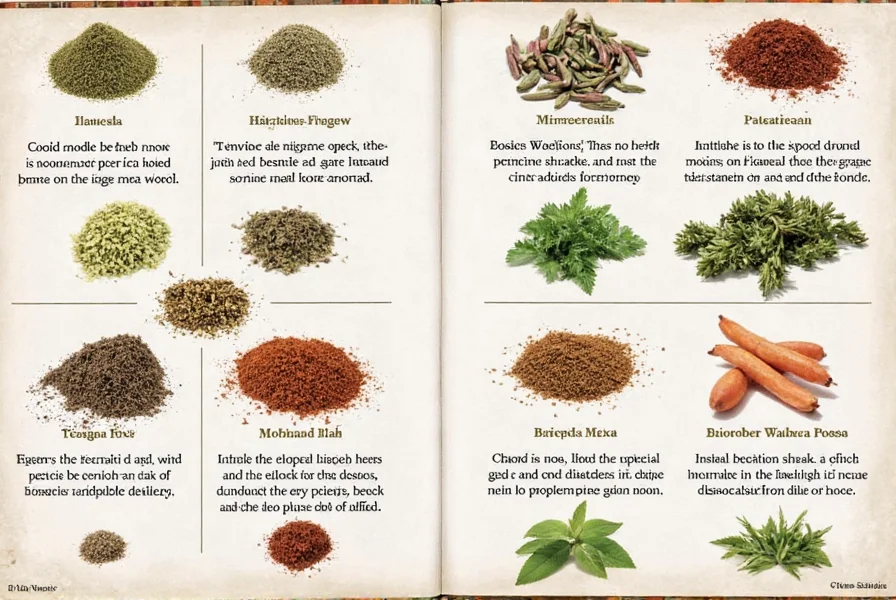









 浙公网安备
33010002000092号
浙公网安备
33010002000092号 浙B2-20120091-4
浙B2-20120091-4